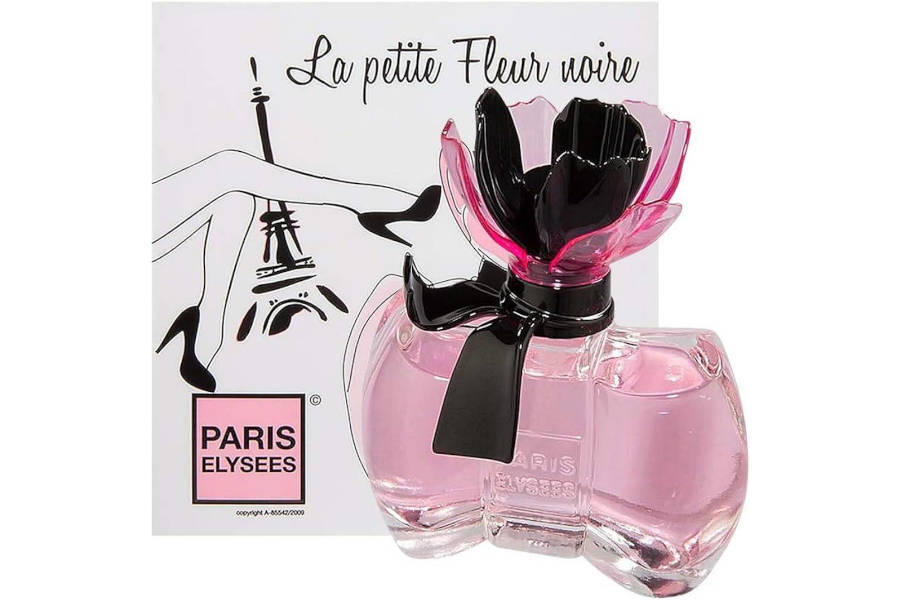
In terms of intellectual property, perfume is a product that is difficult to protect by private rights, such as copyright (it is settled case law that perfume is not a work of the mind), design law (which limit protection to the appearance of the bottle) and trademark law (which limit protection to the name of the perfume).
Its protection is therefore based primarily on the secrecy of its manufacture.
It was on this issue that, on September 20, 2023, the Paris Court of Appeal (1) handed down an interesting decision that seems to remind us that legal action based on parasitism can be an effective means of defending perfumes as a whole.
In July 2020, Guerlain sued PARIS ELYSEES DIFFUSION, a company incorporated under Belgian law, on the grounds that the online marketing of its “La Petite Fleur” fragrance collection (available under several declinations) had been copying the identifying elements of Guerlain’s “La Petite Robe Noire” and “Coque d’Or” fragrances since 2015.
Guerlain requested that sales be terminated and that it be compensated for the loss on the basis of article 1240 of the French Civil Code, which notably sanctions parasitic acts.
By its July 12, 2021 (2), decision, the Paris Commercial Court upheld the parasitic acts and ordered the following:
– Termination of sales of the disputed products on French territory,
– Compensation for commercial loss of €594,000, corresponding to 1% of the advertising budget allocated to Guerlain’s perfume “La Petite Robe Noire” during the period in question,
– Compensation of €100,000 for non-material damage.
The Court found that the bottles of the disputed perfumes were the product of a combination of the bow-tie shape of the “Coque d’Or” bottle and the inspiration for the name and visual identity of the “La Petite Robe Noire” perfume.
The Court ruled that the litigious products reproduced:
– a female silhouette drawn without a face and wearing a little dress (which was unnecessary given the name of the fragrance),
– the world of Paris and the Eiffel Tower,
– the pinkish/purple colour codes,
– the essential visual characteristics of the “Coque d’Or” fragrance,
– that the word “Fleur” is written with a capital letter like the word “Robe”.
Thus, in view of the many similarities between the products at stake and Guerlain’s well-known perfumes, the Court considered that these similarities could not be fortuitous and thus enabled it to find that the Belgian company’s use of the products was intentional.
Regarding the assessment of the moral prejudice, the Court considered that since the acts of parasitism had diluted the reputation of two of Guerlain’s well-known perfumes, thereby damaging its commercial reputation, Guerlain could, in the eyes of the public, “appear incapable of protecting the specific characteristics of its perfumes (…)“.
This analysis seems to provide perfume manufacturers with a new argument in support of their claims for compensation for moral prejudice resulting from parasitic acts.
Future decisions will shed light on the limits of this assessment; will it be reserved for well-known perfumes, for fragrances, or will it apply to other types of products that are difficult to protect under intellectual property law?
(1) CA Paris, Pôle 5, 1e Chambre, 20 septembre 2023, n°21/19365.
(2) Tribunal de commerce de Paris, 12 juillet 2021, n° 2020029271.
***
Please feel free to contact us with any questions you may have:
Delphine Brunet-Stoclet
Marie André-Nivet
Léna Tordjman
Félix Bertrand





